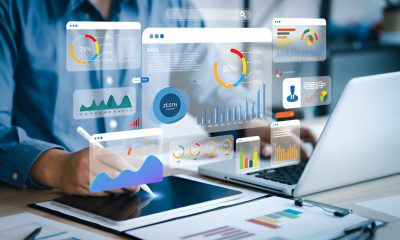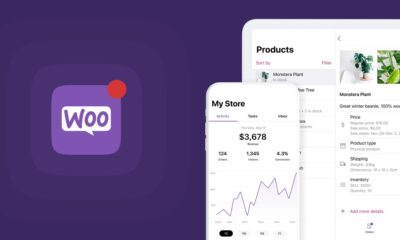General
Mental Health and the Effects of Digital Technology


Since the mass popularization of digital technology and personal devices – tablets, iPads, cellphones, laptops, and more – society has rapidly become dependent on technology as a way of life. For many people, their entire career is done by looking at a computer screen. For others, social media apps and streaming services are a primary form of entertainment to pass the time by.
But what effect does this have on your mental health? It’s important to analyze your relationship with technology and take a realistic look at how it may affect you mentally and physically. Technology can contribute to serious mental health issues, low self-esteem, isolation, and other problems.
However, not all technology is bad, and its effects differ depending on the person. This piece will take a look at some of the potential negative effects technology can have on a person’s mental health, and ways to mend those issues through a changed relationship with technology.
Mental Effects of Technology
The following are a few of the implications technology may have on your mental and emotional health.
Depression
Some experts believe that digital technology, such as social media and phones, can contribute to depression among teens and young adults.
This is due to factors such as:
- disturbed sleep patterns, which affect mood and emotional health
- issues of comparison
- low self-esteem
- social disconnection
One study from 2020 found that excessive use of phones and social media might be associated with the development of depression. However, the study also argued that the opposite result may be found: technology can promote social support and actually help people with depression. This suggests that it’s not just important to look at the amount of time we spend on technology, but how we’re using it.
Anxiety
Your technology may also cause you to feel anxious, or even develop an anxiety disorder.
This might be the result of:
- separation anxiety when you’re not near your phone
- a low attention span
- fewer opportunities for face-to-face social connection and communication
- a false sense of reality
- bullying or harassment
A study looking at social media use and its connection to anxiety and depression found that people who use social media the most had the highest chance of elevated depression and anxiety symptoms. If you find you are struggling beyond your capacity and need professional help, look into anxiety inpatient treatment services in Florida. You are not alone in your struggle.
Internet Addiction
Another consequence of increased technology use is internet addiction. According to one study, between 1.5 and 8.2% of people in the U.S. and Europe have an internet addiction. However, this research is from 2012, and the numbers have likely increased in the last decade.
A recent survey from Pew Research Center found that three in 10 U.S. adults say they’re “almost constantly” online. When your social connections, employment, entertainment, and more live in the online world, it’s no wonder we’ve become so attached.
Internet addiction can lead to issues such as mental health disorders, an inability to stay focused, mood swings, loneliness, and other mental effects. It can also affect a person’s physical health, causing eye fatigue, headaches, body pain, and more.
What You Can Do About It
The good news is that you can make changes in your daily habits to improve your overall physical and mental well-being. Whether you stare at a computer all day or find yourself scrolling endlessly on social media, there is space for a better relationship with technology. Here’s what you can do:
- Set time limits on your most-used apps, such as email or social media
- Use an alarm clock instead of your phone to wake up in the morning
- Pick up a new hobby to pursue instead of spending all of your time using technology
- Consider the deeper issues underneath your technology use, such as mental illness
- Make time for rest, relaxation, time in nature, and screen-free activities
- Try spending the first and last hours of your day screen-free
- Find an accountability partner who can help you to stay on track
- Set daily and weekly goals for how you’d like to use technology, and check-in with yourself regularly to see how it’s going
- Use technology to your advantage with self-help apps, mental health apps, relationship-building through video calls with friends, and more



 Travel2 months ago
Travel2 months ago5 UK Cities to Add to Your Weekend Bucket List



 Technology2 months ago
Technology2 months agoWhy Conditional Payment Methods for WooCommerce Is a Must-Have in 2025



 Technology2 months ago
Technology2 months agoHow To Supercharge Your Marketing Strategy with AI Automation



 Technology1 month ago
Technology1 month ago5 SEO Tips for Creative Professionals: How Designers Can Boost Their Visibility



 Lifestyle4 weeks ago
Lifestyle4 weeks agoBudget-Friendly Home Upgrades for a Modern Look



 Health3 weeks ago
Health3 weeks agoWhy Taking Time for Self-Care Should Always Be a Priority



 Business3 weeks ago
Business3 weeks agoWhy Apps Are the Secret Weapon of Today’s Smart Entrepreneurs



 Technology2 weeks ago
Technology2 weeks agoWhy Adding Videos to WooCommerce Product Galleries is Essential in 2025



You must be logged in to post a comment Login